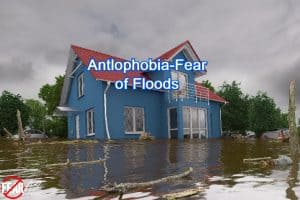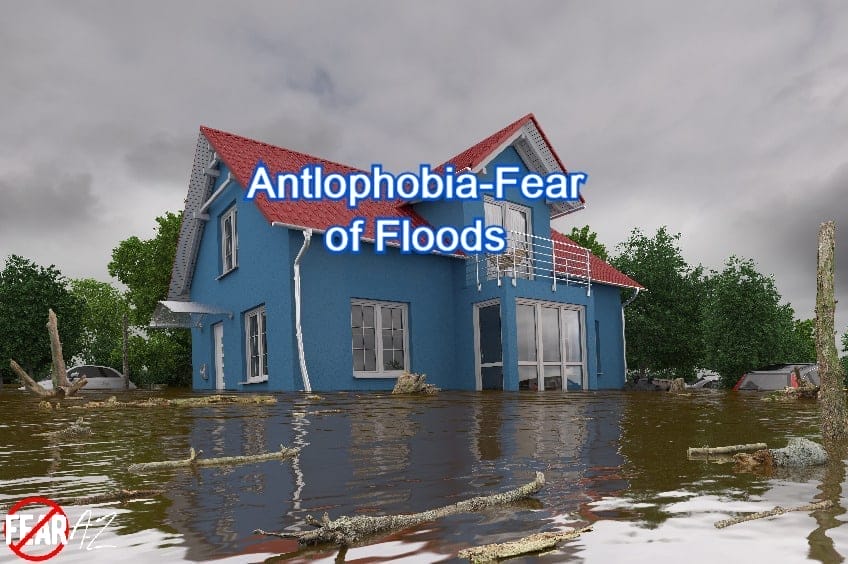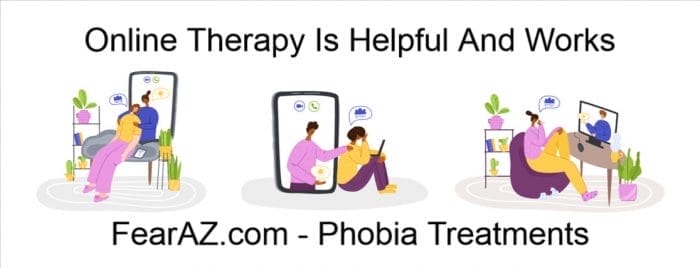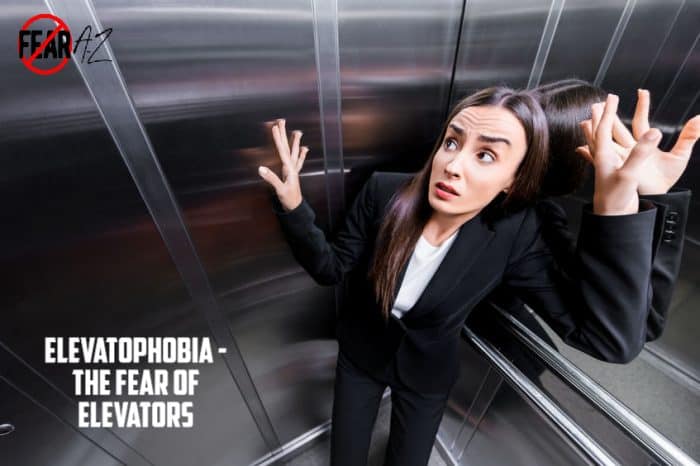Share This Article
The Water Is Rising; Time to Battle Antlophobia
Antlophobia is the fear of floods. It’s a specific phobia, which is a type of anxiety disorder that involves a fear of a specific object or situation.
People with antlophobia experience extreme fear and anxiety when they are exposed to flooding or the possibility of flooding. They may have physical symptoms of anxiety, such as a rapid heartbeat, sweating, and difficulty breathing when they are exposed to flood-related triggers.
It is not uncommon for people to feel some level of anxiety or fear when faced with the possibility of flooding, especially if they’ve experienced a flood before and know the damage it can cause. However, for people with antlophobia, the fear is so intense that it disrupts their daily lives and activities.
They may avoid certain situations or locations that they perceive as being at risk of flooding, or they may have difficulty functioning in situations where they are exposed to flood-related triggers.

Symptoms of Antlophobia
The symptoms of the fear of floods can vary from person to person, but may include:
- Extreme anxiety or panic when exposed to flooding or the possibility of flooding
- Physical symptoms of anxiety such as a rapid heartbeat, sweating, and difficulty breathing
- Avoidance of situations or locations perceived as being at risk of flooding
- Difficulty functioning in situations where there is exposure to flood-related triggers
- Difficulty sleeping or concentrating due to thoughts of flooding
- Difficulty with daily activities due to the fear of flooding
These symptoms may also be present in other anxiety disorders or phobias. If you’re experiencing any of these symptoms and they are disrupting your daily life, speak with a mental health professional for a proper diagnosis and treatment plan.
Some Causes of Antlophobia
There are several known potential causes of antlophobia, and probably many unknown. Here are a few potential causes:
Past experiences: It is common for people to develop phobias or anxiety disorders after experiencing a traumatic event. If someone has experienced a flood in the past and it was a traumatic or distressing experience, they may develop a fear of floods.
Genetic predisposition: Some research suggests there may be a genetic component to certain phobias and anxiety disorders. If someone has a family history of anxiety disorders or phobias, they may be more likely to develop a fear of floods.
Learned behavior: It is also possible for people to develop phobias or anxiety disorders through a process called classical conditioning. For example, if someone has a fear of water and is exposed to a flood, they may associate the flood with their fear of water and develop a fear of floods.
Social influences: People may also develop a fear of floods through social influences, such as hearing about the negative consequences of floods from others or seeing media coverage of floods.
The cause of a phobia or anxiety disorder can be complex and may involve a combination of factors. If you’re experiencing a fear of floods and it’s disrupting your daily life, speak with a mental health professional for a proper diagnosis and treatment plan.
Treatments for Antlophobia
Professional Options for Managing Antlophobia, or the Fear of Floods
Therapy: Therapy, such as cognitive behavioral therapy (CBT), can be effective in helping people manage their phobias and anxiety disorders. A mental health professional can work with you to identify and modify negative thought patterns and behaviors that contribute to your fear of floods.
Medication: We here at FearAZ.com limit our focus on medications, because we’re not licensed health care professionals. This is a subject best discussed with your physician. But we will note that medications, such as antidepressants or anti-anxiety medications, may be prescribed to help manage anxiety and panic symptoms related to floods.
Exposure therapy: Exposure therapy is a type of therapy that involves gradually exposing a person to their feared object or situation in a controlled environment. This can be done with the guidance of a mental health professional.
Hypnotherapy: Hypnotherapy is a type of therapy that involves inducing a state of relaxation and heightened suggestibility, in which a person may be more receptive to positive suggestions. Some people may find hypnotherapy helpful in managing their phobias.
Talk therapy may be the best option for many. This method is generally convenient and may offer the most flexibility for those suffering from this troublesome condition.
Self-Help Options for Managing Antlophobia
Gradual exposure: One way to help manage a phobia is through gradual exposure to the feared object or situation. This involves gradually exposing oneself to triggers related to floods, starting with less distressing triggers and gradually working up to more distressing triggers. This can also be done with the guidance of a mental health professional.
Relaxation techniques: Relaxation techniques, such as deep breathing, progressive muscle relaxation, and meditation, can help reduce anxiety and stress. Practicing these techniques regularly can help manage anxiety related to floods.
Cognitive behavioral therapy (CBT): CBT is a type of therapy that involves identifying and changing negative thought patterns and behaviors that contribute to anxiety. A mental health professional can work with you to identify and modify these thoughts and behaviors.
Seek Support: It can be helpful to talk to a trusted friend or family member about your fears and seek their support. You may also benefit from joining a support group for people with anxiety disorders or phobias.
These self-help options may not be sufficient on their own to manage antlophobia, and it may be necessary to seek professional help such as therapy or medication. If your fear of floods is disrupting your daily life, speak with a mental health professional for a proper diagnosis and treatment plan.
In Conclusion
If you have antlophobia, roll up your pant legs and perhaps try one of the self-help or professional options. If you approach this phobia with a positive mindset and take the proper approach that fits your level of fear, you very well may learn to control your fear if not alleviate it altogether.





